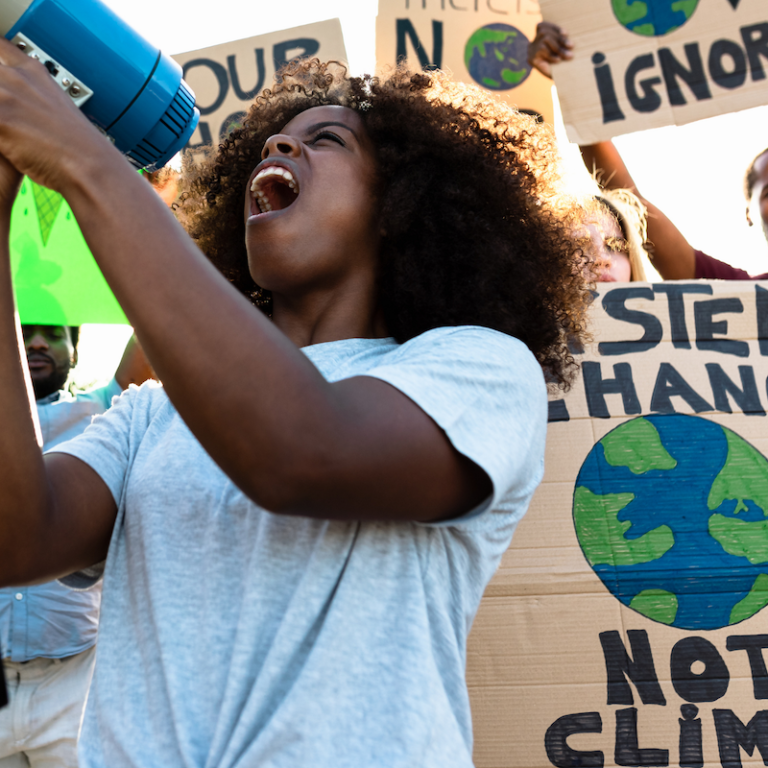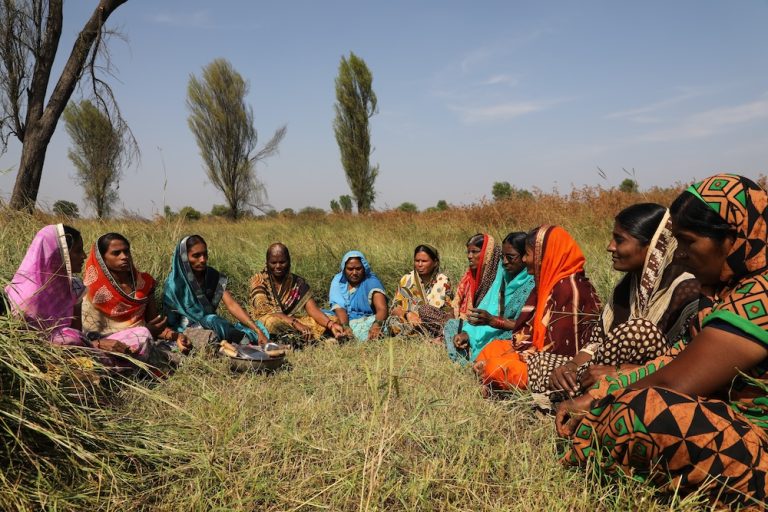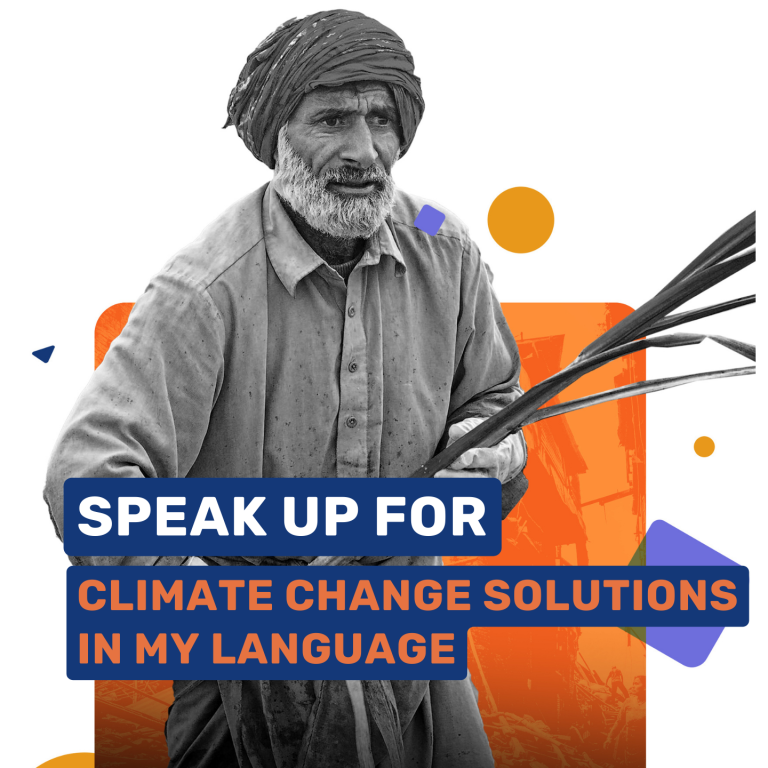Language exclusion: the unheard face of the climate crisis
Bridging language barriers for inclusive climate action
The urgency of taking action on climate change is hard to overstate.
The devastating impacts of the climate crisis are increasingly evident, especially among communities in Africa and Asia that are most affected by extreme weather. We must ensure that climate discussions, information, and action reach those who need them most. As the 28th United Nations Climate Change Conference (COP28) commences in Dubai, there’s a critical but often overlooked factor that demands our attention: language exclusion.
It is startling that four billion people worldwide cannot get information they understand. Yet, for years, discussions around the climate crisis have revolved around high-level conventions, sweeping governmental policies, and market-driven solutions. While global approaches are essential, the stark reality is that they leave behind the most marginalized and vulnerable people – including those who don’t speak dominant languages, who are often among the hardest-hit by the climate crisis. With only 15% of Agenda 2030 on track to be achieved, it is critical that global climate conversations let everyone be heard.

Language exclusion leaves people out of urgent climate conversations
The truth is, the climate crisis burden disproportionately affects those who are least equipped to advocate for themselves. Developing countries suffer the most from the consequences of climate change, despite contributing the least to global greenhouse gas emissions. Communities in the Horn of Africa have now endured five consecutive failed rainy seasons – in Kenya, Ethiopia, Somalia, Eritrea, and Djibouti. 36 million people are impacted by the worst drought in 40 years (UNOCHA, 2022). Residents of this region still continue to be devastated by food insecurity and loss of livelihoods. The region is also highly multilingual – with over 130 languages spoken by approximately 115 million people. This raises the question: how can we ensure the voices of these millions are heard? When global decision-making and climate financing discussions like those happening at COP28 are predominantly in English, major stakeholders are excluded from supposedly global conversations. The exclusive nature of these global conversations amplifies the urgency of inclusive climate action.

Include marginalized voices in climate action
Access to critical information is not only crucial for individuals to protect themselves from climate catastrophes; it also allows us to tap into local knowledge and practices to mitigate the impacts of the crisis. By excluding these marginalized communities, we lose invaluable indigenous wisdom which is essential for sustainable agriculture and environmental conservation. And when the conversation doesn’t include everyone, SDG17 – partnership at the core of the Sustainable Development Goals – is also at risk.
Language barriers pose a challenge not only for non-English speakers but also for English speakers worldwide. The climate conversation is filled with jargon, unexplained technical terms, and an ever-evolving vocabulary. Even English speakers in countries like Nigeria, Bangladesh, or the United Kingdom may find scientific terms such as global warming, emissions, carbon, or fossil fuel unfamiliar or confusing.
Language inclusion should not be an afterthought in climate change discussions. It’s paramount that we raise awareness of the importance of language inclusion in climate solutions. International organizations and governments should prioritize this issue in their climate policies and initiatives.
Empowering everyone – inclusive multilingual solutions mitigate climate change
Furthermore, it is essential to provide concrete data and practical insights that demonstrate how people are marginalized by language and communication challenges. Clear, locally relevant, accurate, and up-to-date information should be made available in the languages affected communities speak. By actively involving those who are most affected by climate decision-making, we can empower language communities to develop their own terminology for climate change, rooted in their unique perspectives and experiences.
To bridge the language gap in climate discussions, we can champion and deploy AI language technology in a wider range of languages, with high-impact applications. This approach holds the potential to ensure that no one is left behind in the global effort to combat climate change.
– Written by Onyango Rachael, Fundraising and Strategic Partnerships Director, CLEAR Global
To learn more about inclusive solutions for climate change action and health for all, get CLEAR Global’s free ebook: Speak up for Language Inclusion
